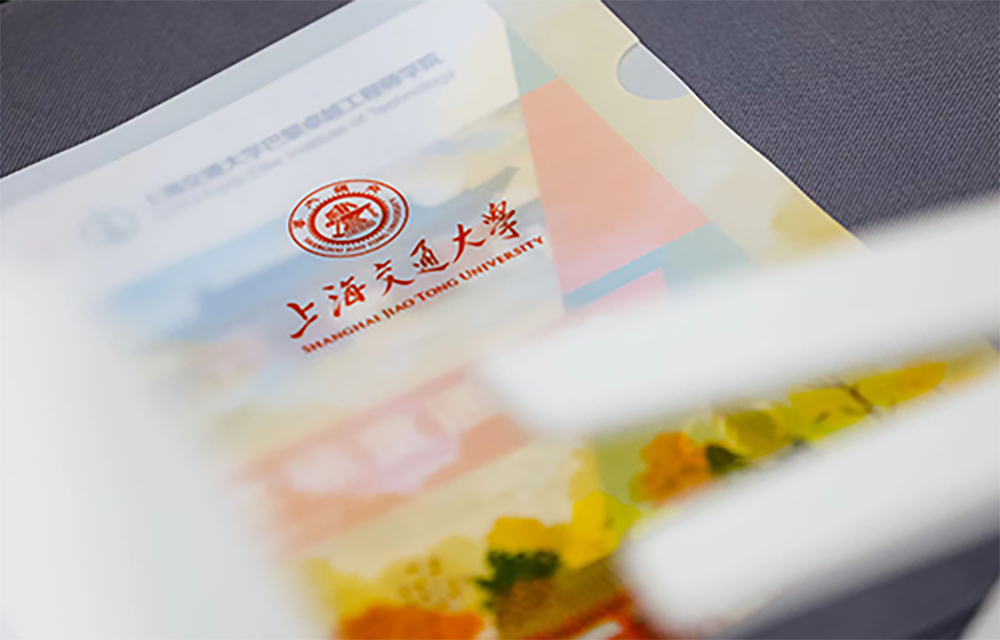
Chen Yiming graduated from SPEIT and received the 2025 Shanghai Outstanding Undergraduate Graduate Award, majoring in information engineering, French and applied mathematics, with research interests in multimodal understanding and 3D generation and applied mathematics. He is currently studying mathematics and applied engineering at X, which has awarded him a full scholarship and the Fulgence Bienvenüe excellence prize from the Ecole Polytechnique.
✦ 成长故事
Story
✦
During his studies at SPEIT, Chen Yiming was always ranked first, and he passed France's most competitive entrance exam, that of the École Polytechnique, obtaining first place in the double degree selection. Abroad, he was able to participate in multidisciplinary and cross-cultural discussions in French, became deeply involved in exchanges and collaborations between Chinese and French universities, shuttled between scientific research and cross-cultural organizations, and was even mistaken by his fellow students for a local student. He declared, “Individual excellence is not the end of the road, I hope to become a lever to encourage collaboration and innovation between Chinese and French science and technology!”
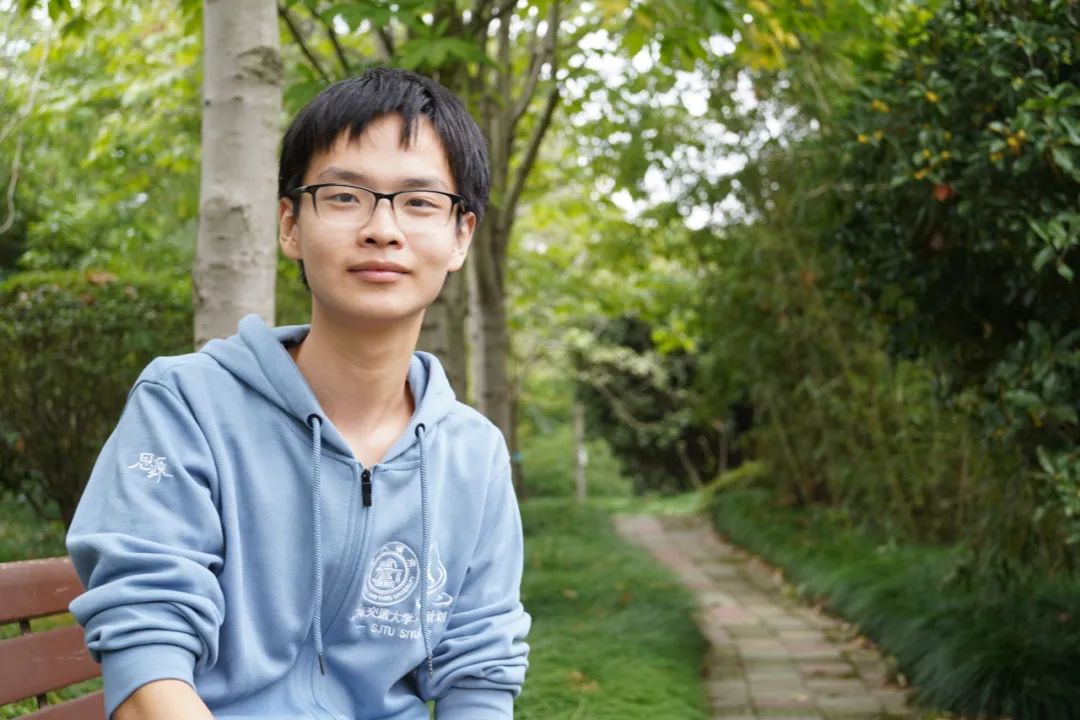
01
At SPEIT, consolidating the foundations of mathematics and science
Ever since he was a child, Chen Yiming showed a keen interest in technology and computers. When he used a computer, he didn't just use it, but was curious about the underlying operating system and computer networks, and was willing to explore them. In elementary school, he began exploring the principles of computing; in junior high, he learned C++; in high school, he joined the programming club, entered the NOIP competition, learned about computer networks and Linux, and was tasked with running a server for a charity.
His experience of competitions in high school made him realize that computers are not just click-and-click operations, but rely on a lot of mathematics. This realization coincided with SPEIT's training philosophy. SPEIT emphasizes rigorous mathematical and scientific training, and he gradually adapted to the various academic challenges during in-depth mathematical and scientific courses and weekly colles, experiences that laid a good mathematical and scientific foundation for his studies.
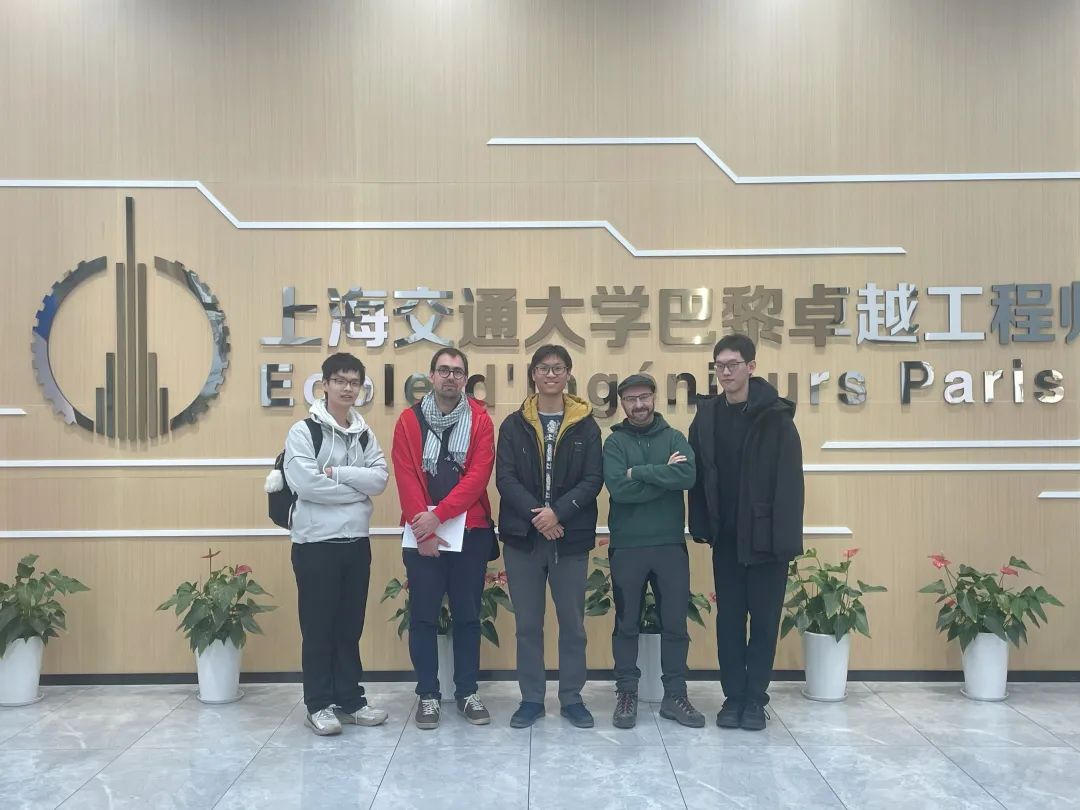
02
Studying in France and becoming a key player in Sino-French exchanges and cooperation
At SPEIT, he is actively involved in a variety of activities serving other students. In his first year, he helped develop the web application for the SPEIT Student Creative Center. He was selected for the “Siyuan” excellent student training program and met many excellent students. In his second year, he became President of the SPEIT Student Union, Director of the Science and Creativity Center, in charge of coordinating work related to student science and creativity, as well as student rights and interests.
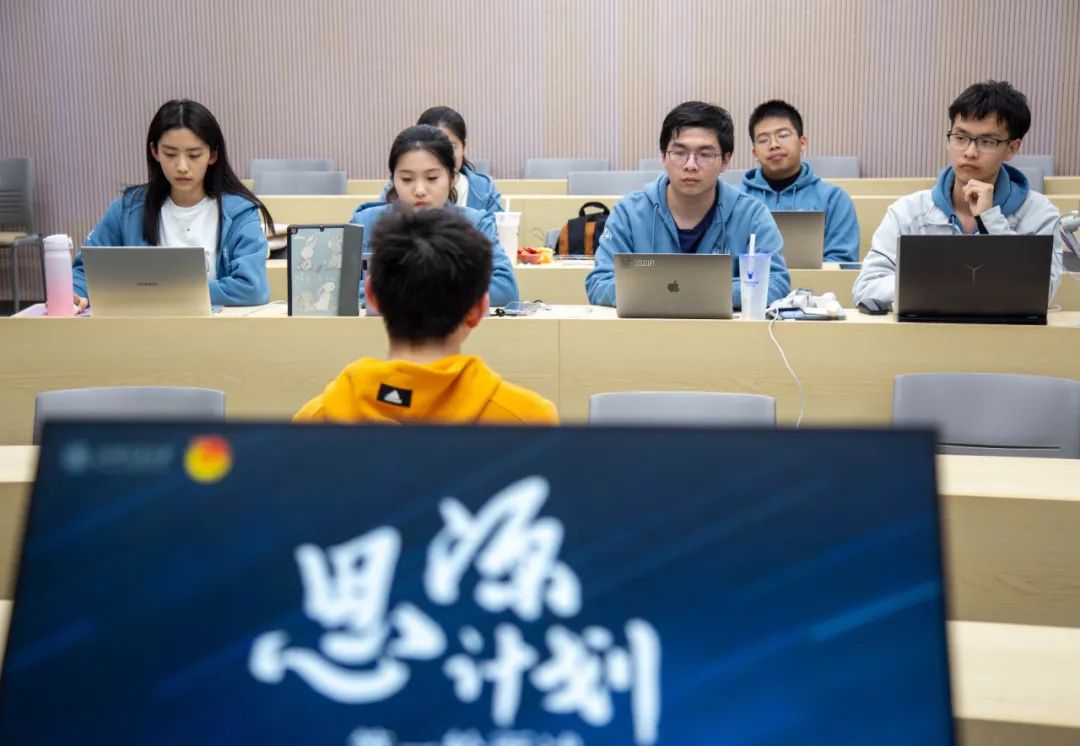
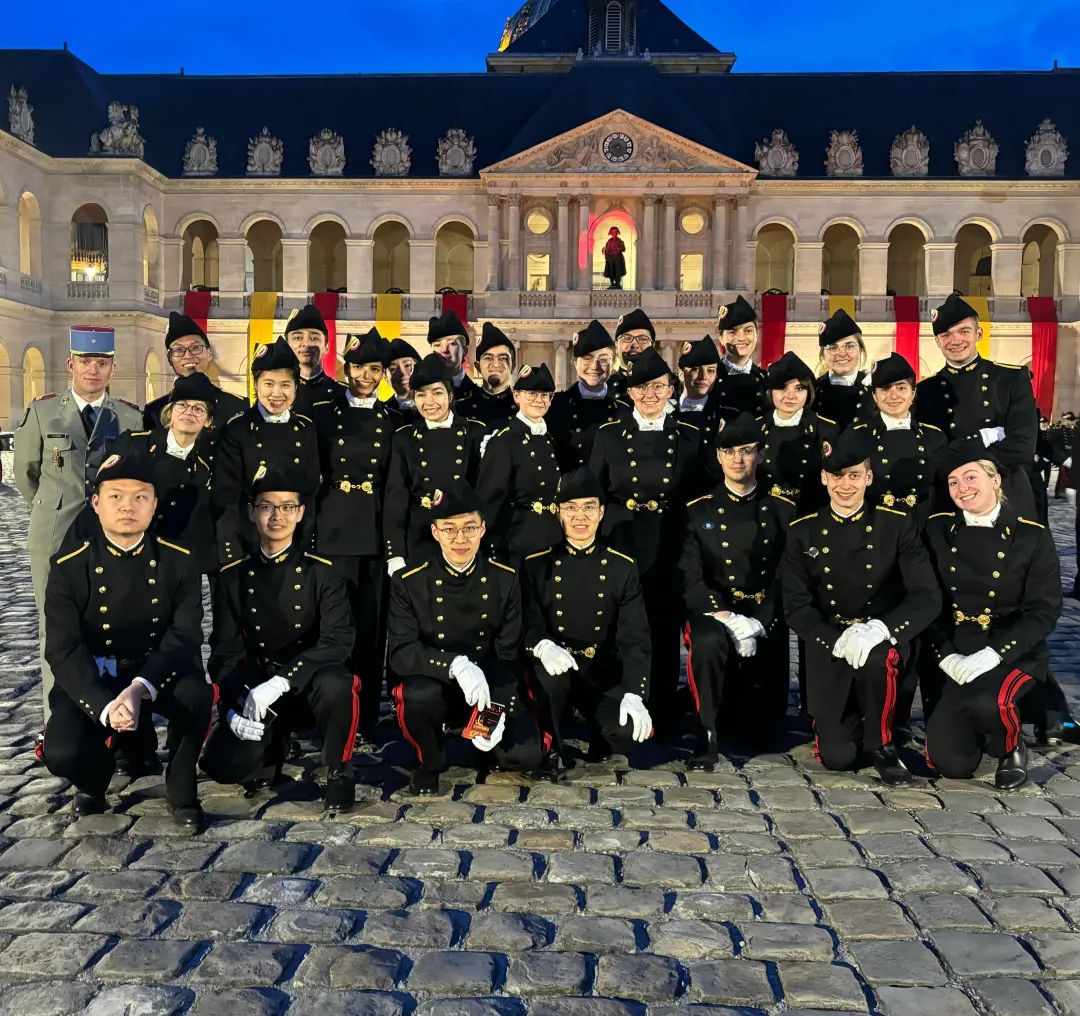
At the same time, he realized that individual excellence is not the end of the road, but how to “become a lever” - to open up opportunities for collaboration and innovation in the Chinese-French science and technology community.
In France, the unfamiliar culture prompted him to start thinking about and understanding the historical context and social environment of each culture. At the École Polytechnique, he participated in various cross-cultural exchanges to develop his analytical skills in dealing with complex social issues. At the same time, he applied NLP techniques to text analysis in various fields of digital transformation in China and France. In 2024, he joined Binet IA to coordinate the conference and met many French students and researchers at Unaite; in 2025, he negotiated with DataWhale, China's largest open source AI community, on the plan for Un-AI activities in Paris to promote the application of AI to a wider range of non-technical people...; at the open source AI conference in Paris, he volunteered to coordinate liaison between the Chinese and French parties, and promoted Chinese open source AI issues in French universities and colleges. At the Open Source AI conference in Paris, he coordinated liaison between China and France as a volunteer to promote Chinese open source AI achievements in French universities. In addition, he is actively involved in organizing the Shanghai Jiao Tong University alumni community in France and, in spring 2025, helped professors in France to organize the “Internship Experience Seminar”, in the hope of providing more students who are going to study and do internships in France with real, practical support and information.
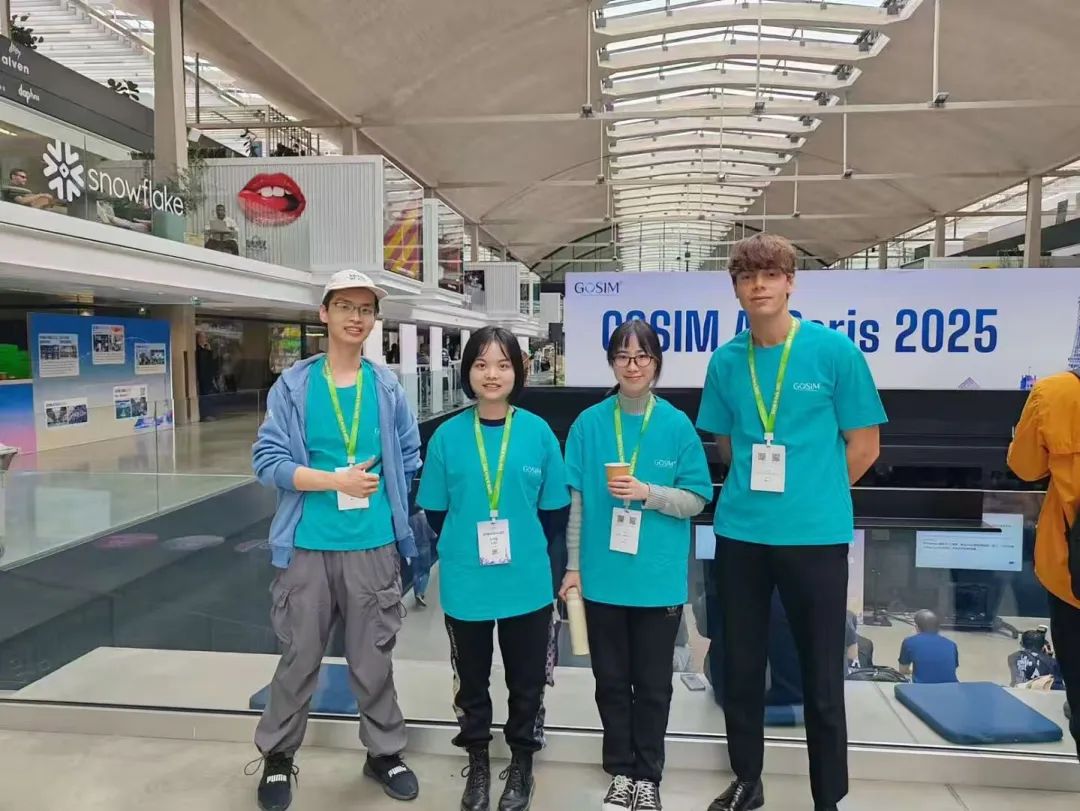
03
From science and innovation to scientific research
In his first year, Chen Yiming took part in the VEX and RoboMaster competitions, which did not produce outstanding results, but awakened his interest in technical research. In his second year, he took part in the Mathematical Contest In Modeling and won the M prize. He also took part in the PRP project in combinatorial optimization. In the summer of his third year, he joined the SJTU John Center and took part in research into interpretable artificial intelligence.
As he discovered his true interests, he began to ask himself, “Do I really love what I do? Can I make sense of it?” In his exploration, he discovered that he enjoyed highly abstract and technical thinking, and that he could immerse himself in programming for long periods of time to maintain his focus and enjoyment. And during his studies at SPEIT, he developed an interest in mathematics. This interest led him to take part in the selection for the double degree and to receive a full scholarship to follow a double degree program in applied mathematics.
In order to participate in research, he took advantage of his French school's spring break to self-take an international course open to post-graduate students, which enabled him to quickly derive and master the mathematical and statistical principles underlying artificial intelligence techniques. He undertook the development of a domain-specific language generation system for modeling large languages as part of X's Enterprise project, where he was responsible for writing the project's central logic module. In his final year, he joined Professor Xie Weidi's team, remotely from abroad, and worked remotely with his fellow students on topics related to multimodal understanding and 3D generation.
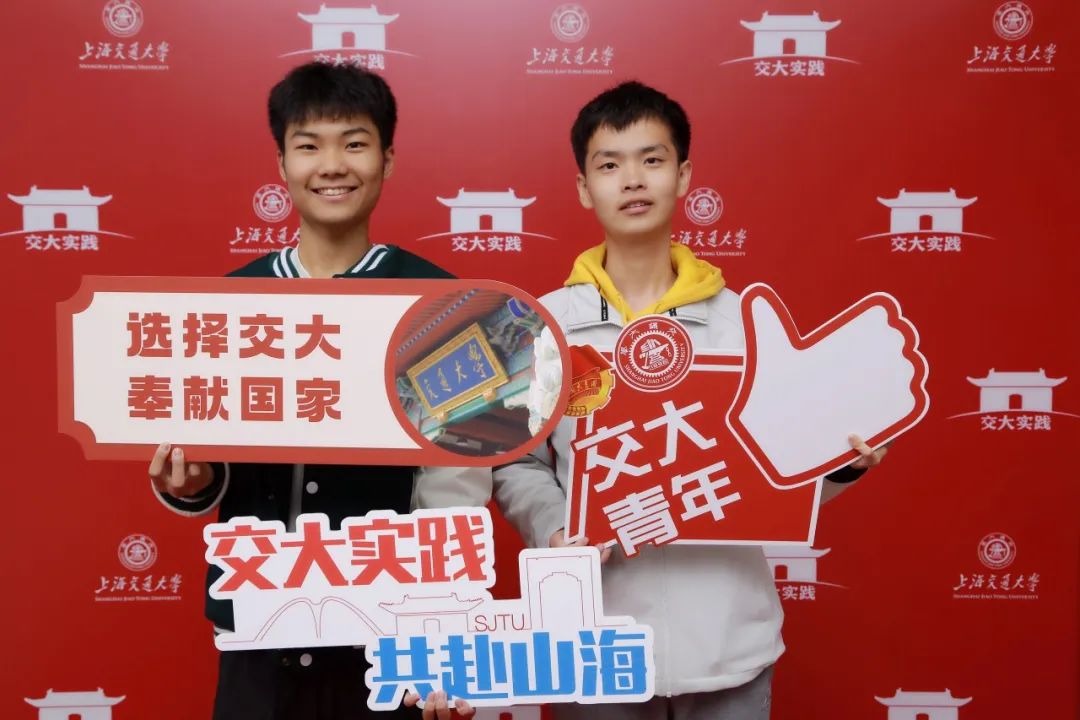
In the future, Chen Yiming will continue to pursue his studies in the field of artificial intelligence and become a researcher with a systematic mind and global vision, contributing to technological innovation and international cooperation while achieving “excellent professional skills”!





